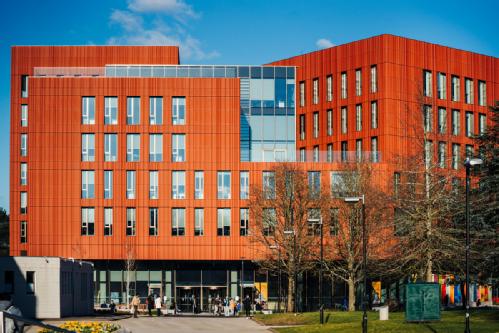History Department Events Calendar

Sara Halpern (Cardiff), Between Antisemitism and Anticommunism: Shanghai’s Jewish Refugees and Revisions of Immigration Policies in the United States and Australia, 1945-1949
If the tragedy of the Holocaust was supposed to evoke immediate action to reform immigration laws that kept out tens of thousands of Jews in the 1930s, it did not happen. From 1945 on, antisemitism still ran deep and fears of communism returned in Australia and the US after a hiatus during the war. These forces not only had implications for Jewish survivors in Europe but also in Shanghai. In fact, the case of Shanghai’s 15,000 Central European Jewish refugees, who had fled Nazism in 1938-1940 and spent the war years in a ghetto, offers an opportunity to distance ourselves from the tensions between the West and the Soviet Union, particularly over displaced Europeans in Europe.
This talk will investigate how calls for accepting “war victims” “on humanitarian grounds” gave away to antisemitism and anticommunism expressed in the United States and Australia. While the Jewish refugees’ location in Shanghai sometimes complicated decision making, it elucidates how detractors fought to maintain racist immigration systems designed to keep people of East-Central and Eastern European origins, specifically Jews, out. By tracking the events in each country, side by side, it becomes clear how the two countries urged each other to be the better humanitarian to Shanghai’s Jewish refugees while seeking to admit only the “best” of Europe’s displaced persons on the basis of anticommunism. These moves also undergirded historical perceptions that China offered only unsuitable migrants.
There will be wine and nibbles.
FAB 2.32
